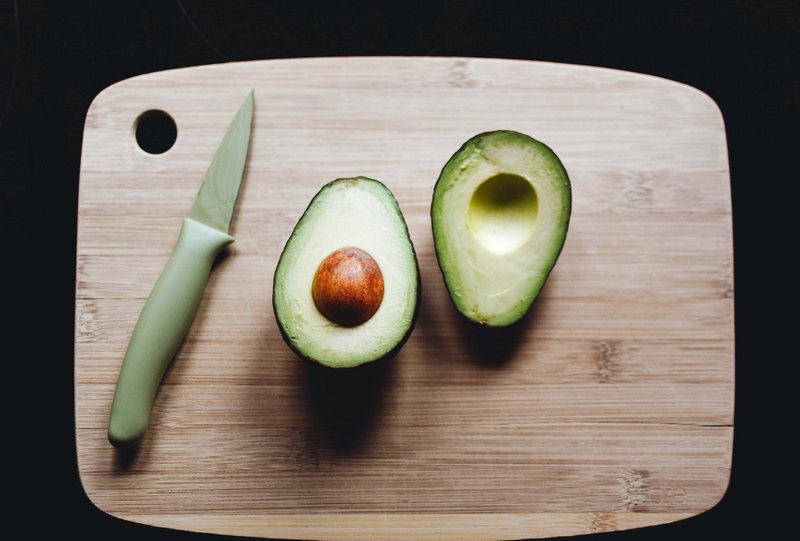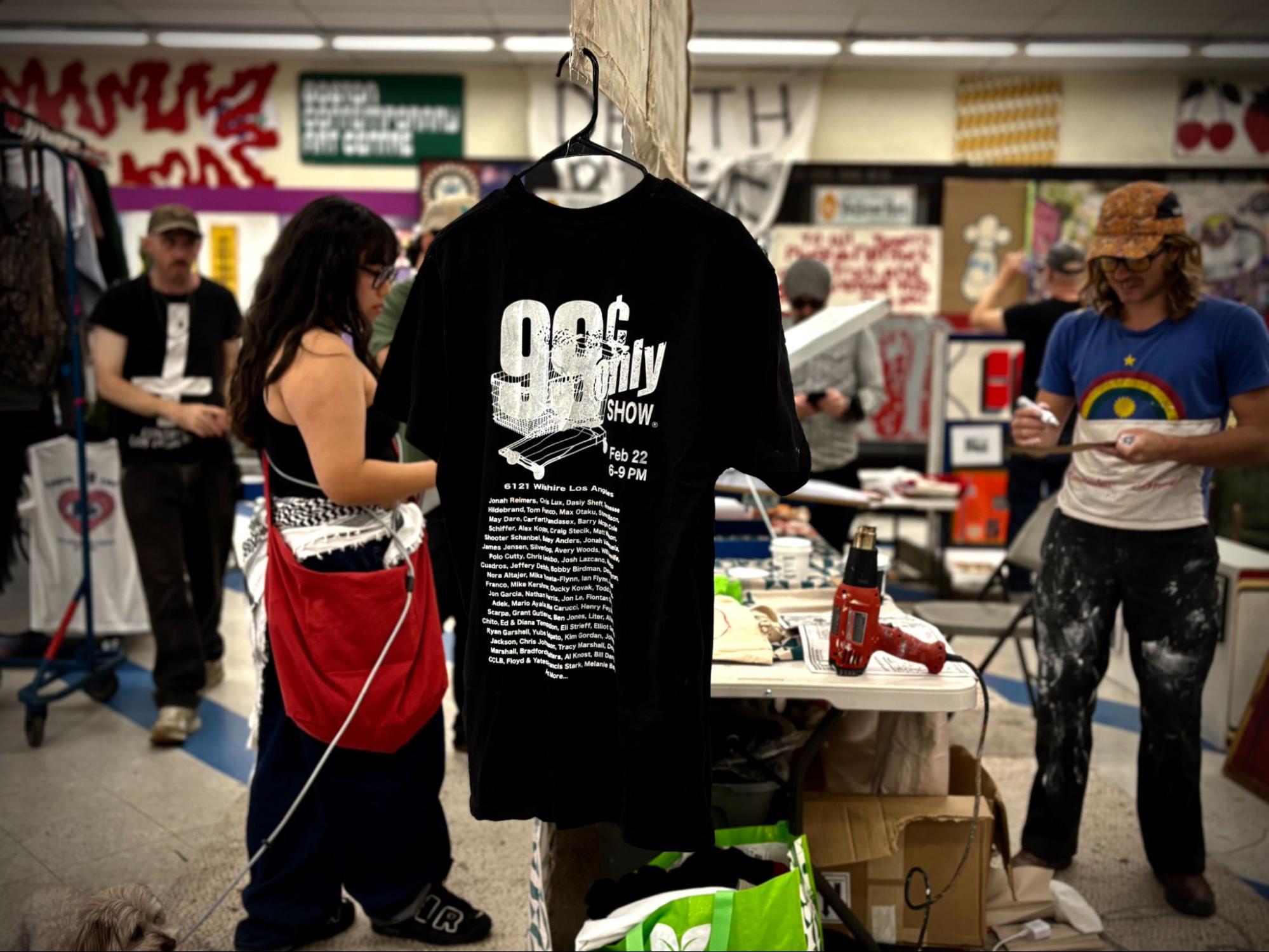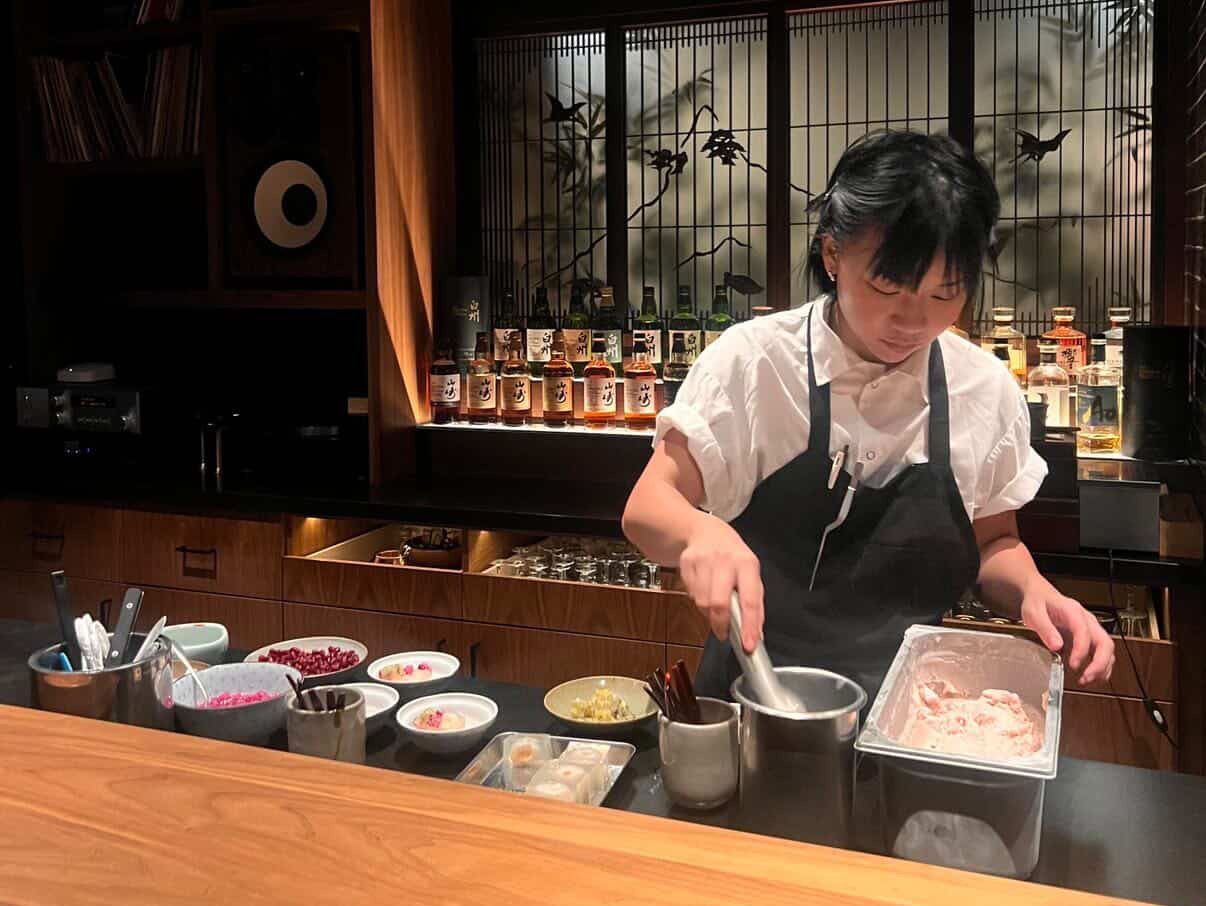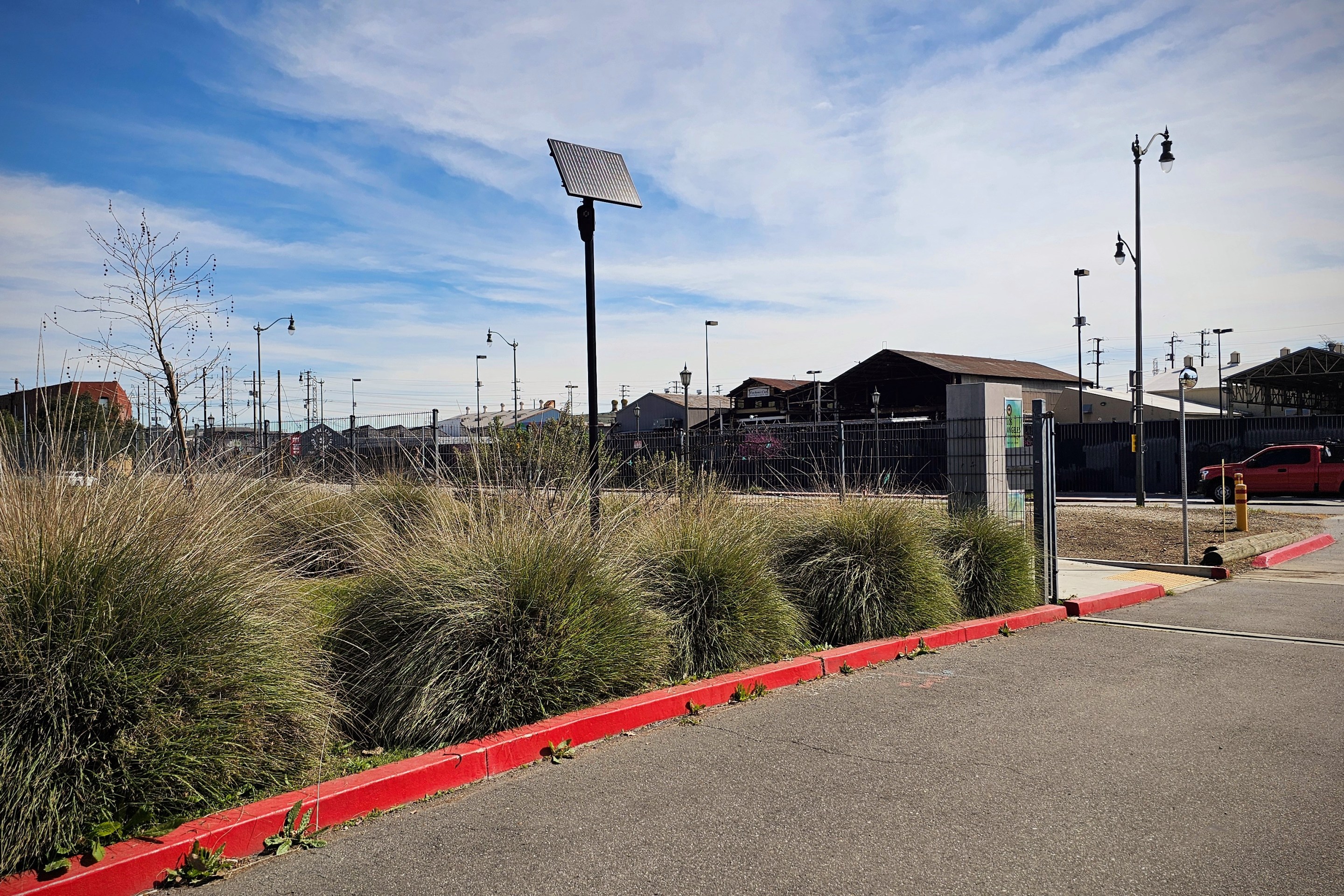Big Aguacate must be reeling today after the sudden suspension on the import of all Mexican avocados, announced the evening before the Super Bowl, widely acknowledged as the peak of guacamole consumption in the U.S., with over 105 million pounds of the stuff said to be eaten during the game each year.
The suspension, announced Saturday night, was not simply to keep undeserving home cooks from wasting their avocados via liberal infusions of diced tomato, but due to a threat received on the cellphone of a U.S. safety inspector with the U.S. Department of Agriculture's Animal and Plant Health Inspection Services, who was doing their duty in Uruapan, Michoacán. NPR reminds us the western state is the "only state in Mexico fully authorized to export to the U.S. market."
While avocados destined for U.S. Super Bowl parties were already shipped out a week prior, landing safely in the hands and mouths of football fans, the announcement was likely a blow to Mexican growers and packers. Under the association "Avocados From Mexico," the industry debuted a pricey ad during the big game showing Julius Caesar, as portrayed by Andy Richter, and a bunch of Roman and barbarian foes bro-ing out over a Haas-fueled bacchanal outside the Colosseum.
Imports of Mexican avocados were only just permitted in 1997, following an 83-year-old ban to stomp out feared weevils and other pests that could spread to U.S. crops. The current suspension comes after the U.S. government threatened to block the export of avocados from Mexico in 2019, following a direct attack against inspectors that year that sources tell NPR was a robbery at gunpoint in nearby Ziracuaretiro, amid a sustained backdrop of turf wars between the New Jalisco Generation cartel and a collective of local gangs known as United Cartels.
At that point, the USDA announced: "for future situations that result in a security breach, or demonstrate an imminent physical threat to the well-being of APHIS (Avocado Import Program Environmental Assessments ) personnel, we will immediately suspend program activities."
In 2020, Edgar Flores Santos, a Mexican employee of APHIS was murdered near Tijuana, though authorities on both sides of the border claim it was a case of mistaken identity, for what anyone's word is worth these days.
Whether or not a ban on U.S. imports of Mexican avocados is going to make the region safer for its employees—assuming that's the goal of the ban—Vox tells us that our country's spreading avocado addiction is—like everything else you enjoy, from Amazon packages to post-game fireworks—destroying the environment.
Global Forest Walk estimates that as many as 200,000 acres of Michoacán forest (equivalent to 15,000 American football fields) are cut down each year to accommodate the growing U.S. appetite, as consumption has doubled in the past decade; 75% of Mexico's exported avocados go to the U.S.
The resulting deforestation is due to affect Mexico, the world's biggest exporter of avocados, for years to come, resulting in dwindling forests and catastrophic effects to the monarch butterfly, native oaks, and other forms of life that help sustain entire ecosystems.
While supporting Mexican avocados has financial benefits for Michoacán growers and their employees, buying the fruits, which necessitate a lot of water, from local sources in California has its own downside, as the American West is currently experiencing the worst drought in 1,200 (!) years.
Certainly, all higher costs to consider about next time we're tempted to complain about the high price of avocados at the supermarket.






